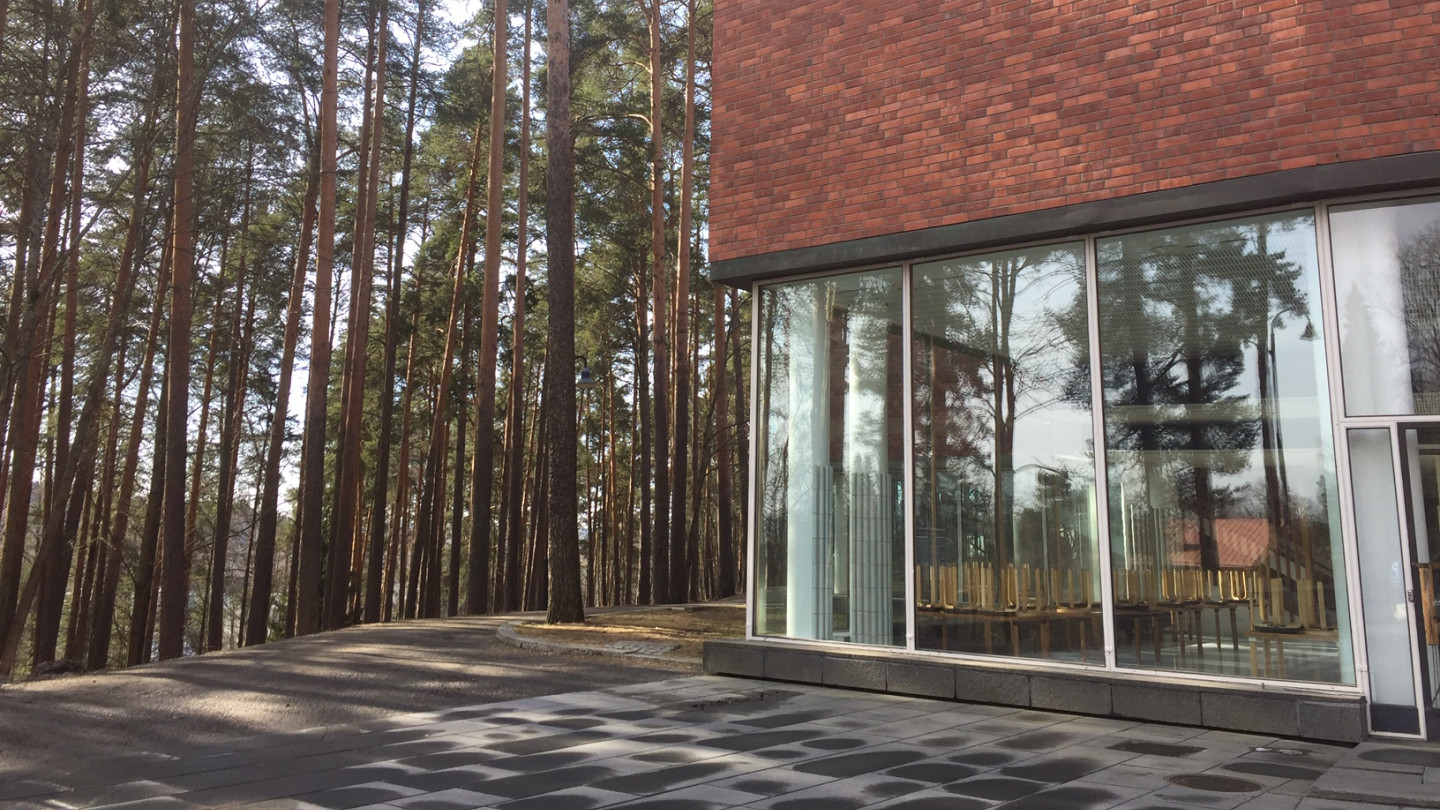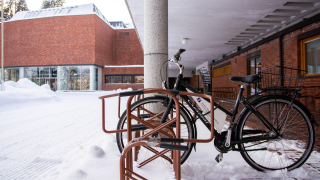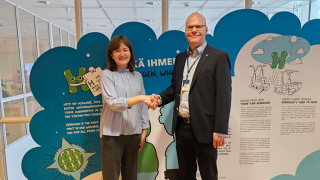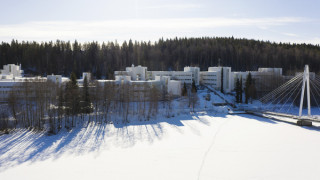University of Jyväskylä Financial Statements for 2023: An excellent year for education and research, but operating revenue shows a deficit

The University of Jyväskylä successfully received competitive funding from Horizon Europe of the European Research Council, grants from the Academy of Finland as well as Business Finland.
The University of Jyväskylä received its first Flagship funding from the fourth Flagship Programme of the Academy of Finland. In October 2023, the Academy selected four new Flagships, three of which include the University of Jyväskylä. The new Education for the Future (EDUCA) Flagship is led by the University of Jyväskylä.
The total number of completed degrees was 3,054, and the number of master’s degrees increased in all disciplines. The University of Jyväskylä was particularly successful with regards to doctoral degrees, with 151 new doctoral graduates. The figure from the previous year was 116. The University of Jyväskylä has retained its position as the leader in Open University education in Finland.
Revenue deficit
The University Board approved the financial statements and annual report of 2023 of the group on 22 March 2024. The financial statements and annual report will be confirmed by the University Collegium in their meeting on 26 April 2024.
The University’s turnover for the financial year 2023 was 232.9 million euros and operating costs 243.7 million euros. The state funding received by the University increased by 5%, and also supplementary funding increased by 5% from the previous year. The operating losses (operating result) were 10.9 million euros. In 2022, the deficit was 13.3 million euros.
The realised result of the investment activities was a surplus of 6.7 million euros (in 2022 it was 5.8 million euros), but unrealised depreciation of investment assets owned at the end of financial year was 4.4 million euros (in 2022 25.4 million euros). In total, the investment and financial income was 2.2 million euros.
After the change in the value of investments, the result for the financial year was a loss of 8.5 million euros (in 2022: -31.9 million euros). Excluding the change in the value, the result was a loss of 4 million euros, which is, however, 2.9 million euros better than forecasted in the detailed budget from spring 2023. The budgetary adjustments started in autumn 2023 had an impact on the result, which was better than anticipated.
The University’s personnel costs increased by 5.3 million euros or 3% from the previous year. The personnel costs accounted for 68.5% of the University’s total costs. Rental of facilities accounted for 12% of the total costs, so less than a fifth of the costs were other than personnel or rental costs. The annual travel expenses increased but are still about 10% lower than before 2020. The number of purchased services also increased.
Building a strong and attractive university
The University of Jyväskylä began its strategy work in January 2023. The University’s strategy “Wisdom and wellbeing for us all” sets a vision for the 2030s.
“Through the strategy work, we have identified possible future visions and revised the University’s strategic focus areas and goals,” says Rector Jari Ojala. “Increasing the supply of skilled workforce and the related increase in student numbers, including international students, and efforts to get the majority of foreign students to stay in Finland, are important goals and require the University to further develop its education and attractiveness.
“The University of Jyväskylä continued international cooperation in the FORTHEM alliance while regional cooperation was also promoted actively. Research and education cooperation related to well-being was implemented, for example, as joint professorships with the wellbeing services county of Central Finland, which began operation at the beginning of 2023.”






